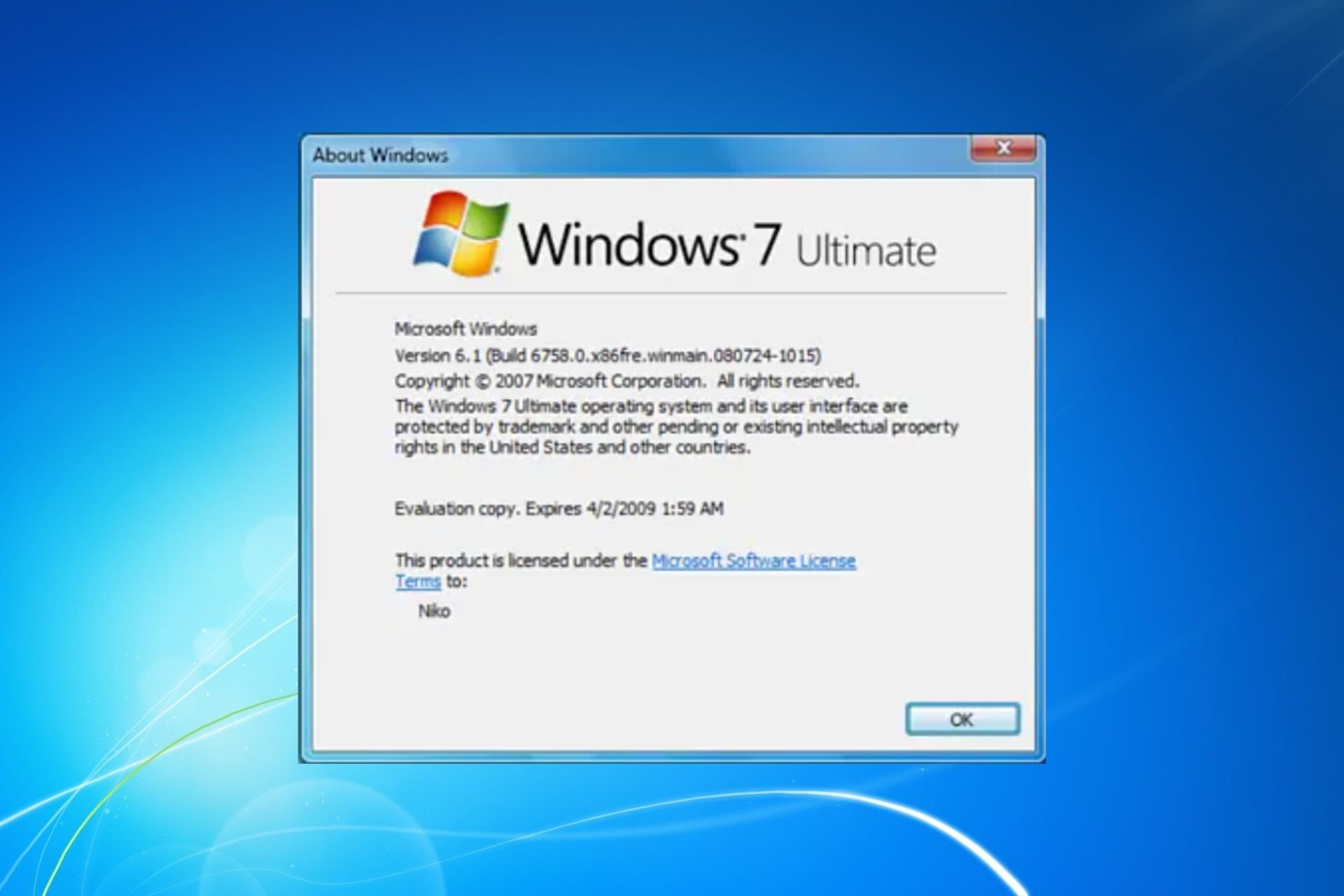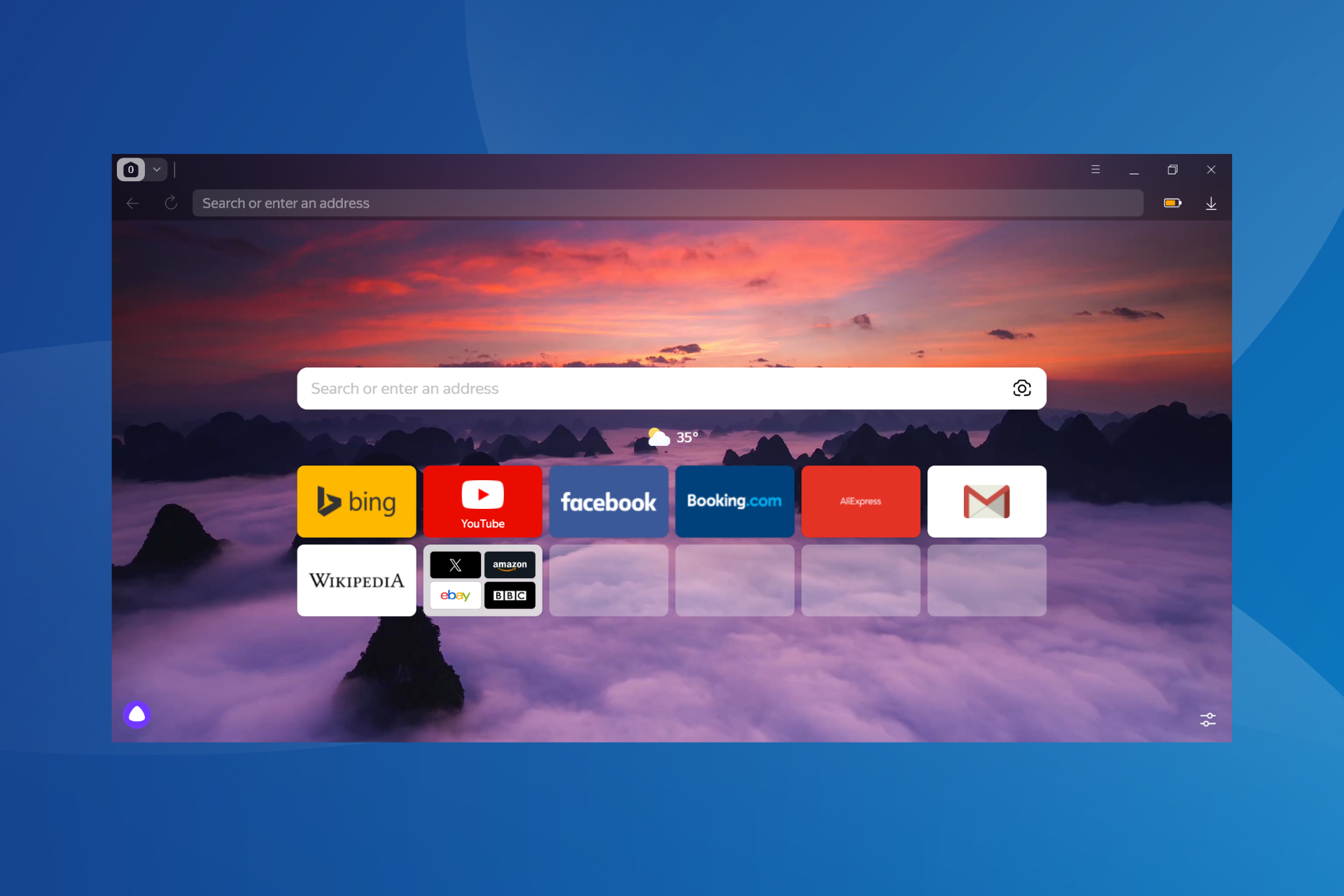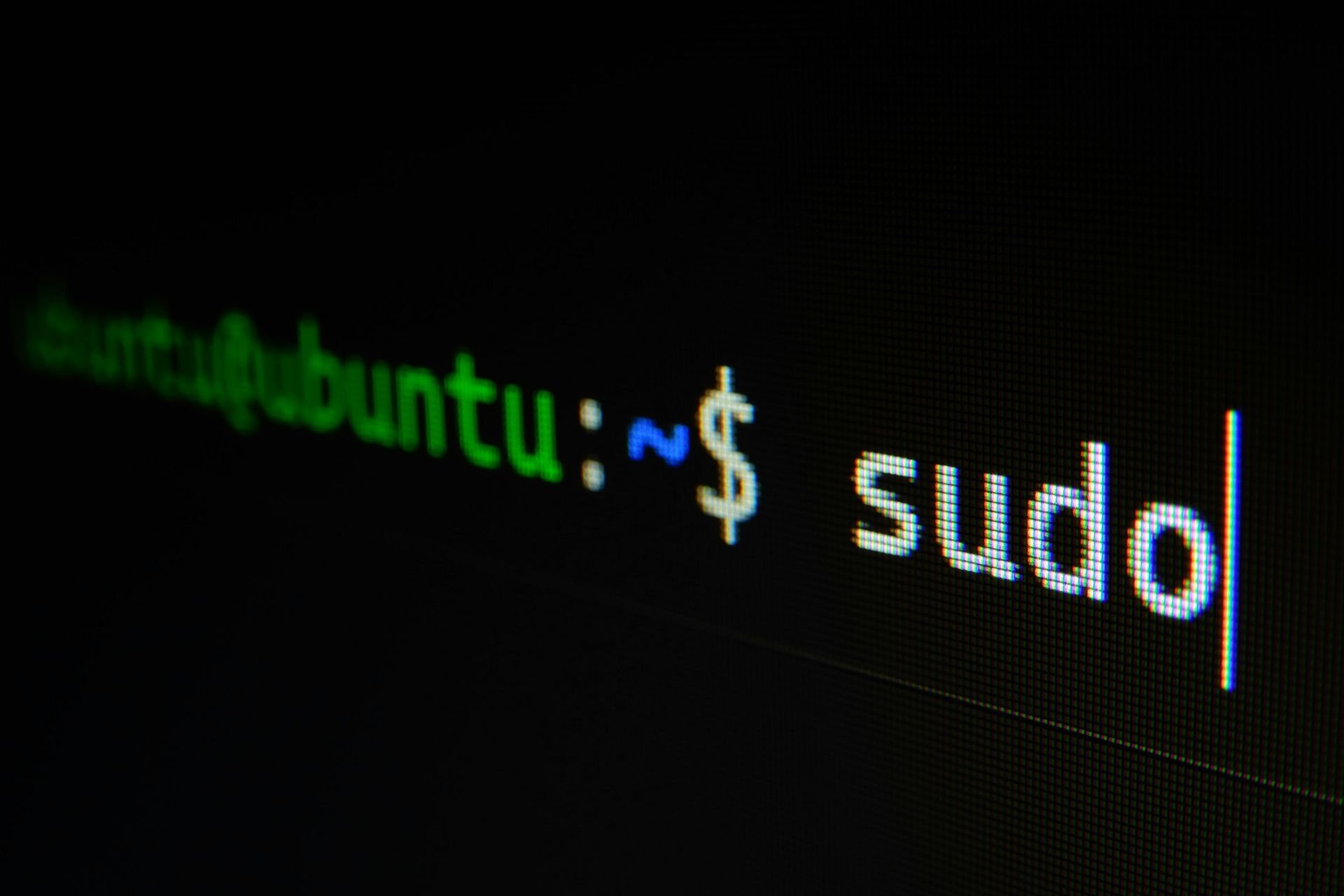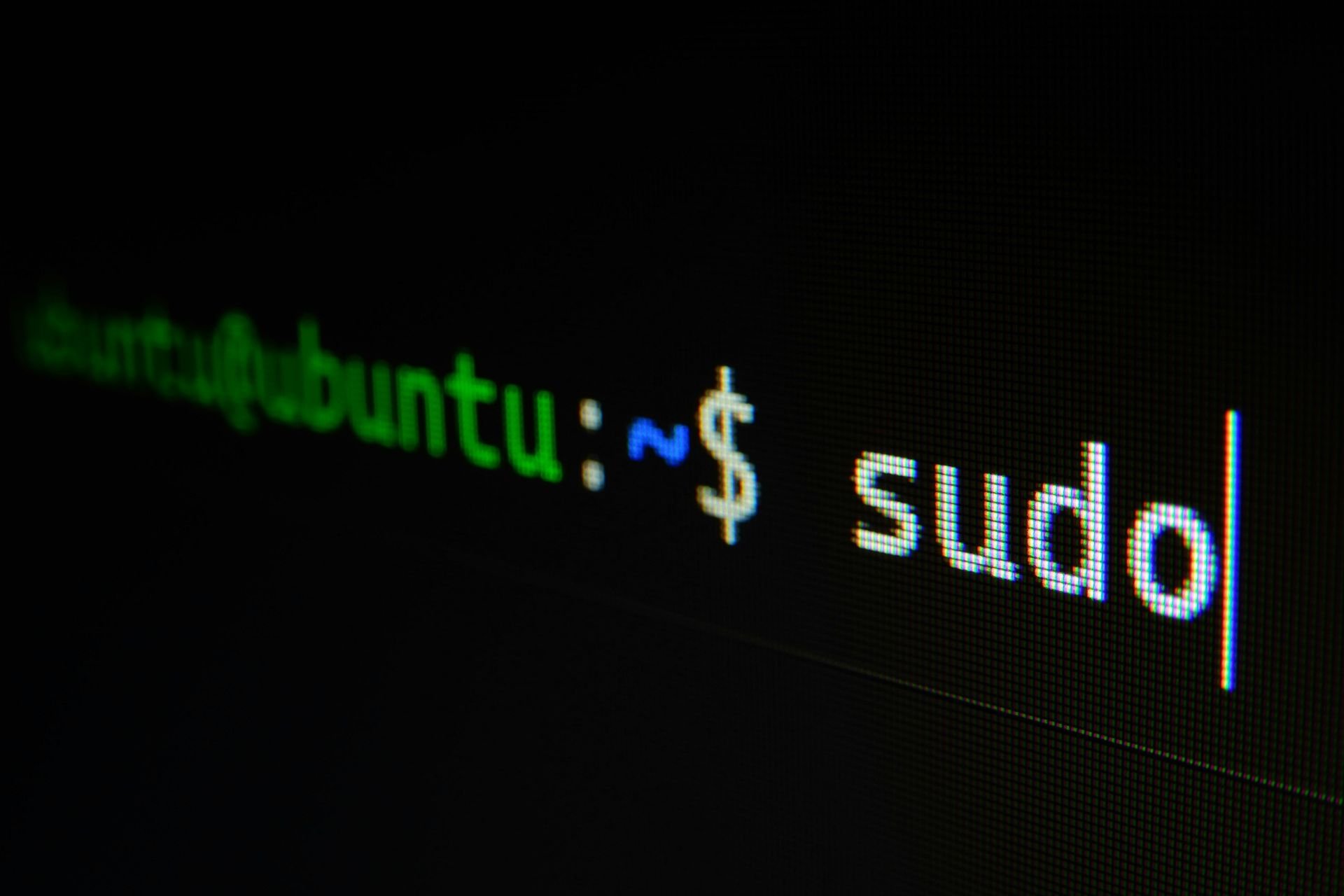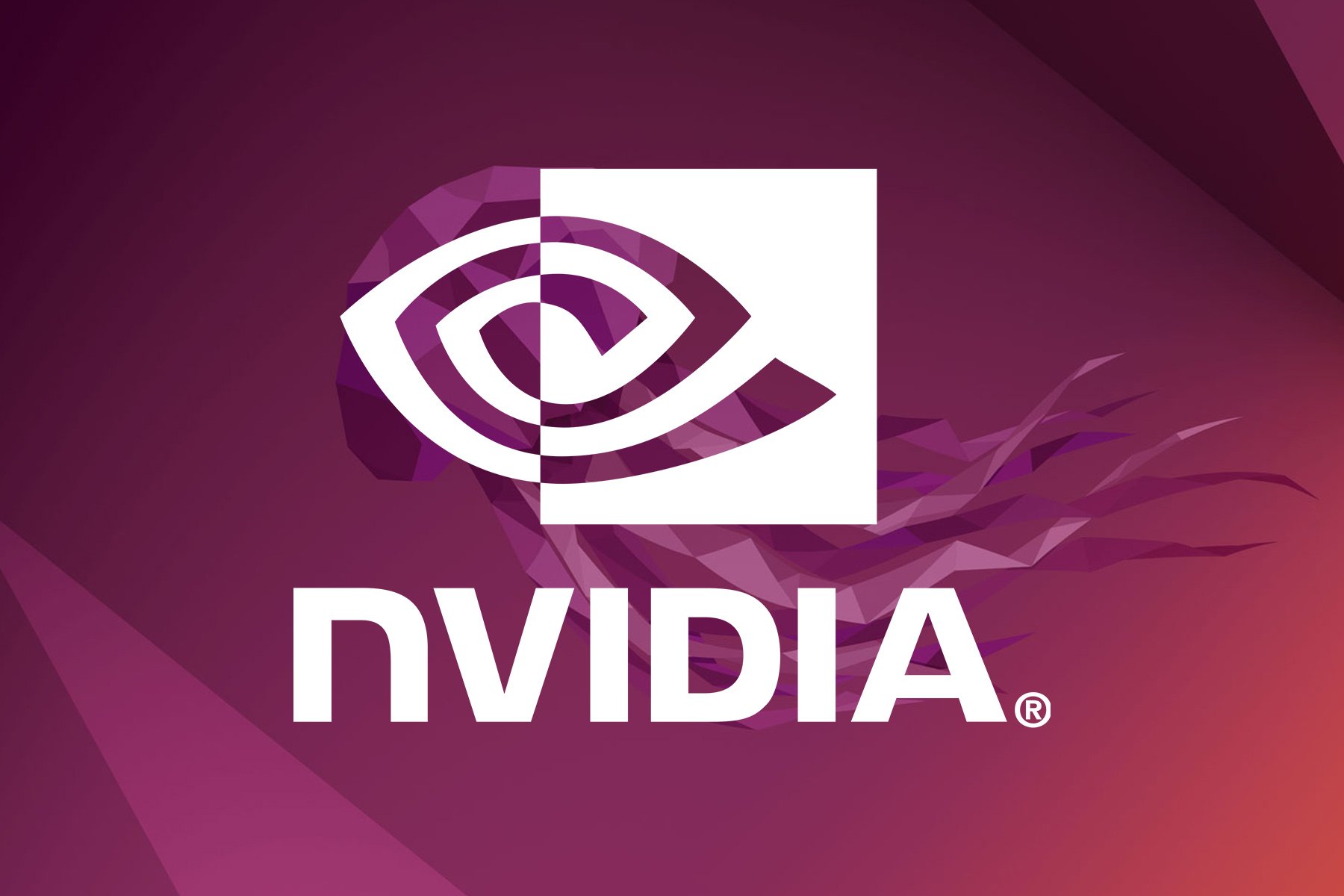Should I upgrade from Windows 7 to Linux?
4 min. read
Updated on
Read our disclosure page to find out how can you help Windows Report sustain the editorial team Read more
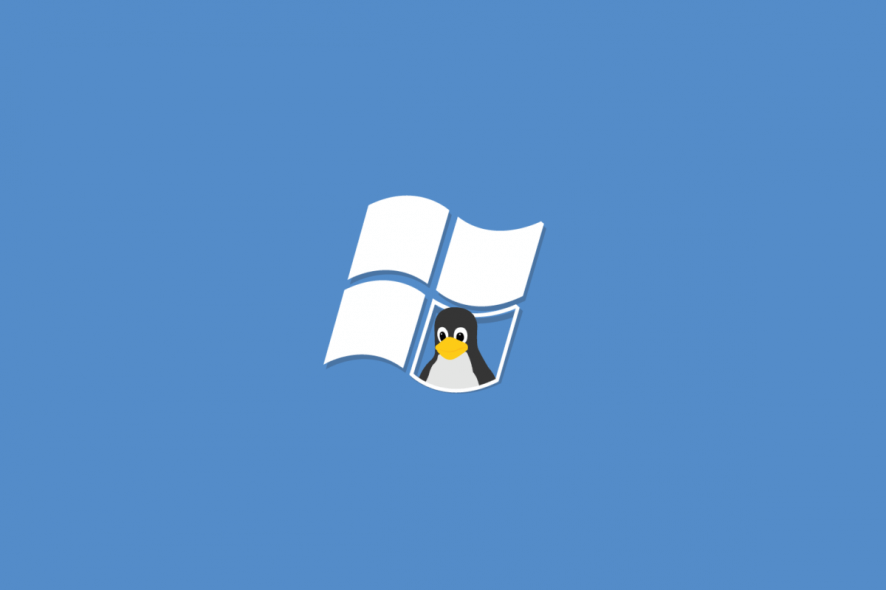
After 10 years of service, Microsoft has finally decided to cease support for Windows 7. This means that the OS will no longer receive any type of updates and that anyone still using it will be exposed to online threats.
Given this change, many users are left wondering what they should do. Most think that they are limited to just three choices:
- Remain on Windows 7 and risk being under cyberattacks
- Buy the Windows 7 Extended Support
- Upgrade to Windows 10
However, what users need to be reminded of is that there are other operating systems out there as well, such as macOS or Linux.
Now that Windows 7 is no longer supported and they should upgrade anyway, maybe it is time to migrate to a whole new OS entirely and see how that feels.
Why you should upgrade to Linux
1. You save money
There are plenty of differences between the two OS, even down to the most basic of components. However, there are many pros in favor of Linux if you are considering an upgrade.
For starters, the hardware you need in order to install Windows 1o needs to be quite good. Here’s a quick look at the minimum system requirement for Windows 10:
- 1 GHz processor
- 1 GB for 32-bit or 2 GB for 64-bit RAM
- 16 GB for 32-bit OS or 20 GB for 64-bit OS
- A 800 x 600 resolution display
Besides the cost of the hardware upgrade itself, let’s not forget that you also need to pay for the OS as well. Fortunately enough, most PCs now come with Windows 10 pre-installed, but the license is OEM.
This means that it is bound to that particular machine, and if anything were to happen with the hardware, you’ll be off shopping for Windows 10 again.
Looking for a hardware upgrade anyway? Check out these premium laptop offers!
2. Linux is more lightweight
On the flip side, Linux is an open-source operating system that’s completely free to use. Additionally, it prioritizes being a lightweight OS above all else.
In fact, this is taken to the point where it’s the OS of choice for embedded systems, smart home devices, and IoT. Even the Android OS that you use every day on your phones and tablets is also based on Linux.
3. Linux is more versatile
Everyone knows that Windows 7 or Windows 10 comes in just a handful of editions:
- Home
- Pro
- Pro Education
- Education
- Pro for Workstations
- Enterprise
Out of the 6, half of them aren’t even used by the vast majority of consumers. On the other hand, since Linux is open-sourced, it has branched out into a variety of versions, each focusing on different aspects of running a PC.
Some are made for gaming, some for desk work, others are made to run on older PCs, etc.
4. Linux is more secure
Because Linux is open-source, it benefits from a vast community of developers that are more than happy to develop new security features for their beloved OS.
Keep in mind that certain distros are updated more frequently than others, so if security is your number one priority, do some research before making your pick.
For better security on Windows 7, check out our picks for antivirus programs!
How do I migrate from Windows 7 to Linux?
1. Pick your distro
The first thing when considering a migration to Linux is choosing a good distro that will fit your needs. One of the most popular distros out there is Ubuntu. Not only is it easy to use, but it is also supported by a lot of apps.
If style and innovation are more of your thing, then you might want to opt for Solus. You will get most of the tools that you will eve need at installation as well.
If you are curious which are the best distros in use today, check out this official ranking.
2. Install Linux
Because of how lightweight it is, installing Linux will take only a few minutes from start to finish, even on very old machines. You can pretty much use the same methods as you would with a Windows install, either via direct download or through removable media.
Conclusion
As you can see, there are many benefits to installing Linux over Windows 10. These range from reduced expenses to a much smoother PC experience.
All things considered, it doesn’t matter if you choose to go for Windows 10 or a Linux distro, as long as you stop using Windows 7.
Do you think Linux is a much more efficient OS than Windows 10? Let us know what you think in the comment section below.

